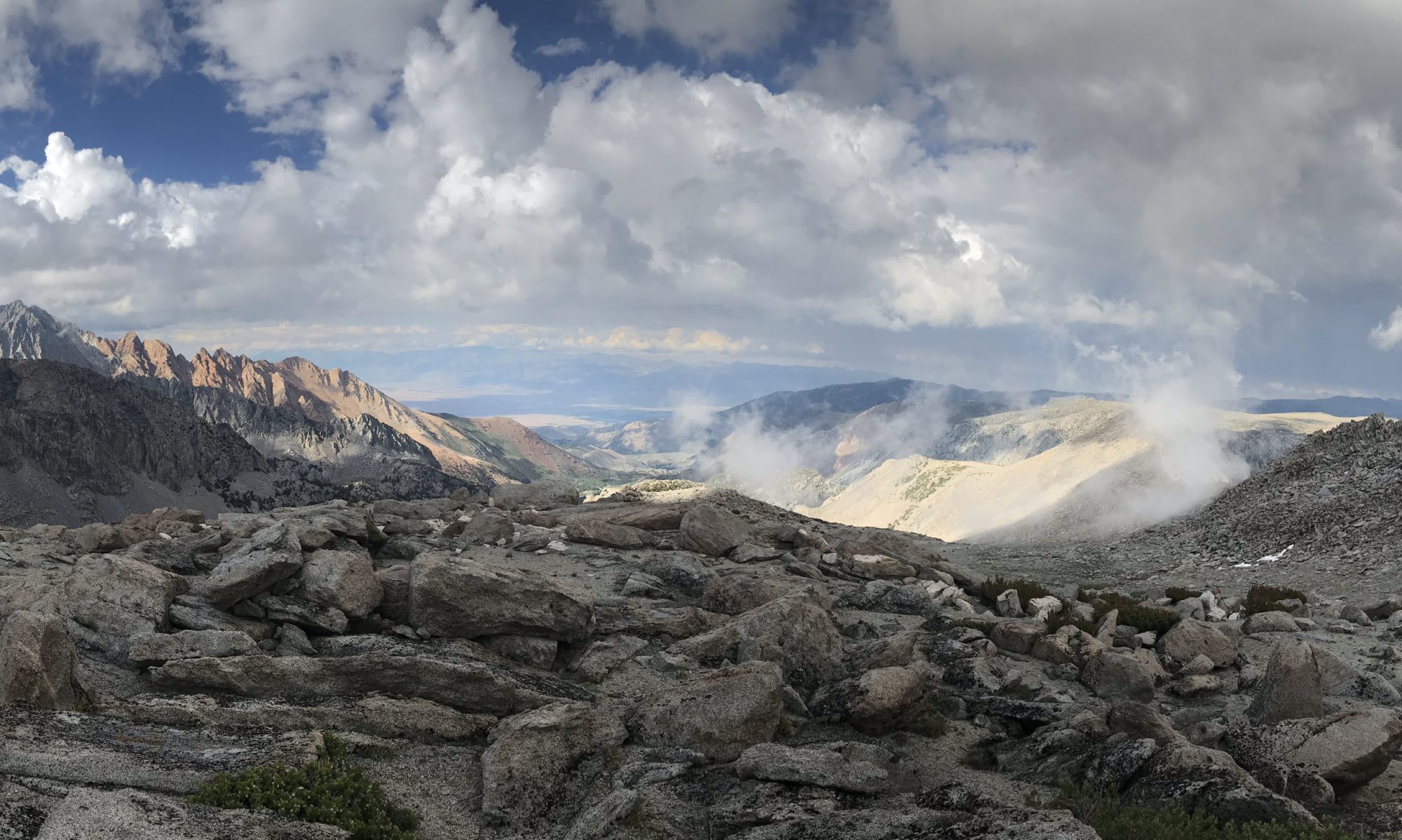In June 2018, I returned to Kandui Villas to work as the resort surf guide and medic. As I stepped off the boat and began greeting the guests, one teenage boy caught my eye. He had a single stitch between his eyebrows that loosely held together two flaps of skin, and on his left leg, he had makeshift bandages covering multiple wounds in various stages of the healing process. I could already tell this guest was going to challenge my medical abilities.
As I got to know the boy, Macdara, I quickly gained a lot of respect for his astronomically high pain tolerance and willingness to throw himself into the scariest waves around. Even if everybody else in the lineup knew it would be a closeout, Macdara would go. Over the course of the trip, I drained his infected toe multiple times and treated him for anaphylactic shock. Without fail, he would be back out surfing the next session.

Although his mom, Sarah, was understandably concerned about getting him back to America in one piece, she remained remarkably calm through a very long 10 days. Amidst the chaos with her son, I talked to Sarah a lot about her home in Puerto Rico. I asked the usual ignorant questions like, “is it safe after the hurricane?” and “how is a US protectorate different than statehood?”
The more we talked, the deeper, and more complicated our discussions got, and the more I wanted to learn about this seemingly-forgotten part of our country. So, when Sarah generously invited me and my girlfriend, Frances, to visit, I had to take her up on the opportunity.
Fast forward seven months to January 2019. I’m sitting in the back of a golf cart, taking in the tropical beauty of Puerto Rico, as Macdara drives me, Frances, and his mom to their house. Families were out walking dogs along the beautifully-landscaped trails, and kitesurfers were gearing up for a session in the warm Caribbean waters just outside their oceanfront homes. I was in awe.
During the first few days, Macdara took me to surf some of his favorite spots. Although he claimed the surf quality was sub-par by local standards, I had a wonderful time surfing without a wetsuit, in clear, blue, water, over healthy coral reefs. Later in the trip, when the wind returned, we switched to kitesurfing off the sandy beach right by their house. As if that wasn’t enough, Sarah even arranged for me to use a JetSki to surf to ensure I maximized my wave count.
Life was also ideal outside of the water. We accompanied Sarah to outdoor yoga classes that overlooked the ocean and sampled a wide-variety of local flavors at the many surrounding restaurants.
Everywhere we went, I felt an overwhelming sense of community. It reminded me of the adult version of walking around my college’s campus, where the consistent conversations between neighbors showed how much everyone cared about one another. I can’t say what it was like before Hurricane Maria, but from stories Sarah told me, those who didn’t flee to the mainland came together in 2017 to rebuild. Neighbors who previously fought over petty disagreements were suddenly boarding up windows together to ensure everyone could weather the storm.
Even after the physical aftermath was repaired, many Puerto Ricans were struggling to find work. Frequent, random power outages, a large percentage of the population moving off the island, and a lack of tourism all dramatically limited many people’s abilities to earn the money the desperately needed.
This wasn’t the case for Sarah’s needle point artisans. Sarah started a company called Extreme Needle Point that employs local artists to hand make custom designs on key fobs, phone wallets, belts, and more. She saw tremendous potential in a workforce that was very unfairly stereotyped as “lazy” or “not wanting to work” and brought jobs and opportunities to those around her.
Even after the hurricane, when many people pulled out of Puerto Rico, Sarah leaned in further. Since many people’s homes were destroyed, or without power, she invited all of her employees to work in her own home, and pushed on to keep everyone moving forward.
So, where is forward? In an era where civil rights and social justice are discussed more than surfing is in this blog, Puerto Rico should not be forgotten. There are over 3 million Americans, who fall under the jurisdiction of laws and trade agreements they cannot vote on. Additionally, Puerto Rico can’t import goods that don’t first enter the mainland US, so it remains fully dependent on its colonizer. There. I said it. It may not be politically correct, but Puerto Rico seems like a colony to me. With American fast food chains plaguing every street corner, and a long history of the US government shutting down any major industry on the island, Puerto Ricans are a captive audience manipulated to our benefit.
I don’t claim to be an expert in the field, but I’d like to believe there is a way we can mend our relationship. Hopefully, leaders like Sarah can keep bringing out the best in their community, so those of us on the mainland will notice what we are missing.
It isn’t hard to see the beauty in Puerto Rico, if one gets the opportunity to look. With an eager workforce, major renewable energy potential, and abundant tourism opportunities, Puerto Rico is an untapped asset capable of great things. As with so many social justice triumphs recently, change comes from starting discussions. For me, that discussion started with a wonderful family I met on the other half of the world. I hope all of you can keep it going.
-Chris Buchanan




